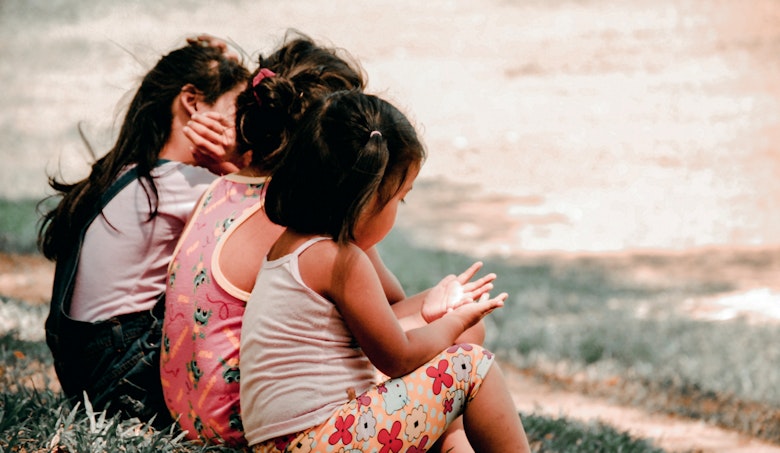Report Down to Zero programme End Term Evaluation 2020
The Down to Zero (DtZ) Alliance is a five-year (2016-2020) partnership between the Dutch Ministry of Foreign Affairs (MoFA) and five Dutch (I)NGOs: Terre des Hommes Netherlands (TdH, lead), Plan Netherlands (Plan NL), Defence for Children International-ECPAT Netherlands (DCI-ECPAT), Free a Girl (FG), and ICCO Cooperation (ICCO). The five alliance partners, MoFA and more than 25 local partner organisations have worked together towards ending the sexual exploitation of children in two regions, namely Asia (Bangladesh, India, Indonesia, Philippines, and Thailand) and Latin America (Brazil, Dominican Republic, Bolivia, Colombia, Nicaragua, and Peru), with a budget of 15 million Euros. This end-term evaluation serves both accountability and learning purposes. With this evaluation, the DtZ programme accounts to its partners including MoFA and DtZ programme beneficiaries. The ETE has aimed to gather lessons for future programmes continuing to work towards the eradication of SEC. The ETE set out to assess the programme's effectiveness, relevance, the sustainability of its results and efficiency, mainly in partnership dynamics.
Key lessons learned from the alliance and the DtZ programme
The evaluation has formulated seven key lessons learned from the DtZ alliance:
1. When working with numerous partners in multiple countries and international component, start by elaborating a programmatic ToC that defines clear concepts like a number of pathways and levels of change in each pathway. Swiftly translate this ToC into country-specific ToCs with context-specific detail but aligned with the programme-wide ToC.
2. For effective steering, put in place annual learning events with all partners in a country jointly reflecting on their progress (in achieving outcomes) along the pathways of the ToC, presenting expected and unexpected signs of change observed in their programme areas and defining the adjustments to be made in the country-specific ToCs. For increased synergy and cross-learning, combine these events with the regional exchange, preferably face-to-face, especially during the first years of the programme.
3. Strengthen children’s agency by supporting them in getting skilled in raising SEC issues among their peers and within their communities. Varied efforts might be needed to see children at risk, older children and boys communicate their concerns with each other, families, and external stakeholders compared with other groups. These groups might take more time and effort to get there, so it should be built into the programme. Given that this is not always the case, monitor different groups of children (age, gender, at-risk/survivors) and adjust programme efforts as needed.
4. For increased effectiveness of programme strategies, combine work with children with efforts with other actors. For instance, combine strengthening children’s agency with supporting CBCPMs and government services at local levels (such as city neighbourhoods and villages). Connect these services with empowered children. Work with community leaders and facilitate the participation of children in local (decision-making) forums.
5. When primary caregivers do not help report or even address SEC, employ programme strategies to overcome these obstacles such as finding ‘champions of change’ and connecting community groups/CBCBMs with LEAs at the community level.
6. To demonstrate successful examples of LEAs effectively addressing SEC, collaborate with LEAs at the local level in applying child-friendly protocols, and support them in processing complaints and investigation.
7. To advance addressing SEC in the hospitality industry, stimulate companies joining The Code and link them with the local representative of The Code for continuous support.

